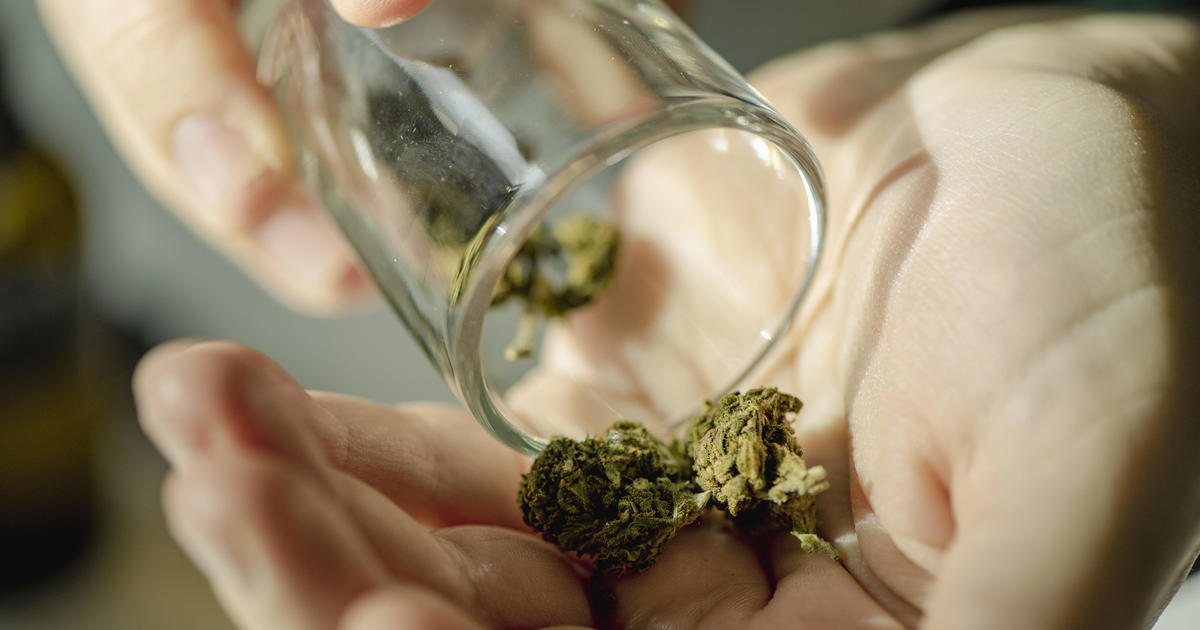Medical Pot Program Combines Medicine And Research
ST. PAUL, Minn. (AP) — Minnesota's new medical marijuana program doesn't stop at the sales counter.
Through its patient registry, the state will gather data from each and every patient on the different chemical compounds they use, dosages and side effects to build a database of what works — and what doesn't. It's a novel approach that state officials say will help with filling the void of concrete information about marijuana's medical value.
Minnesota and 23 other states have legalized medical marijuana. But the federal government's Schedule I classification of marijuana — meaning it has high potential for abuse and no accepted medical use — has made researching its medical value difficult, University of Minnesota researcher Dr. Kalpna Gupta told a state panel overseeing the program's rollout Wednesday.
Lawmakers included the research provision in the bill passed late last session. The measure legalized pills, oils and vapors for a handful of serious conditions such as cancer, HIV and AIDS.
Manny Munson-Regala, an assistant commissioner with the state health department who is helping set up Minnesota's medical marijuana program, said their database could serve several purposes. He said in the shorter term, it will help improve treatment for the 5,000-some Minnesotans expected to register by finding which compounds work best for different conditions and weeding out potential complications with other medication.
But some say it also could start a snowball effect for future research and full-blown clinical trials by targeting specific conditions and compounds ripe for a closer look.
"It's going to give us a rich trove of information that hopefully will then give rise to more and better research," said Sen. Scott Dibble, who led the legalization effort in the state Senate.
Dr. Margaret Haney, director of the Marijuana Research Laboratory at New York's Columbia University, said although Minnesota's approach isn't as rigorous as clinical trials — her preferred route — she agrees it would provide more information.
"It does seem better than just opening a door completely and just saying, 'Take it for whatever you want,'" Haney said.
With nearly a year to go before the first sale, Minnesota's database is already drawing interest from other states. The state is exploring a partnership to share information with Colorado, which is launching its own, $9 million grant program to fund medical marijuana research.
Dr. Larry Wolk, executive director and chief medical officer of Colorado's health department, called Minnesota's program "a very smart, proactive way to gather information," all while patients are getting medicine.
Minnesota won't start giving medical marijuana to patients until at least July 2015. But Wolk said he's eager to swap information between the states.
"We're all asking the same questions: What's the true medical efficacy of marijuana?" he said.
(© Copyright 2014 The Associated Press. All Rights Reserved. This material may not be published, broadcast, rewritten or redistributed.)



